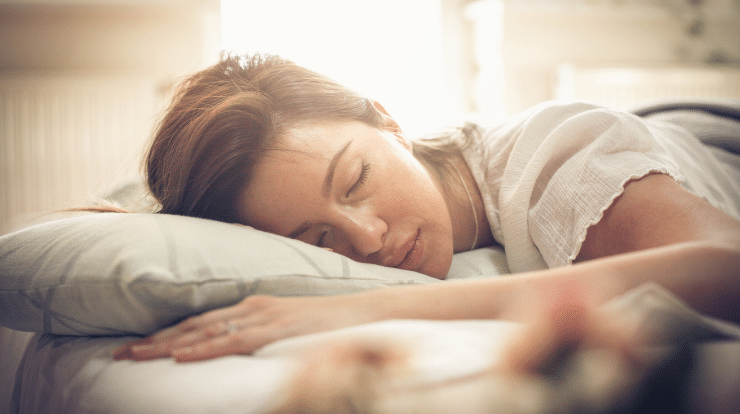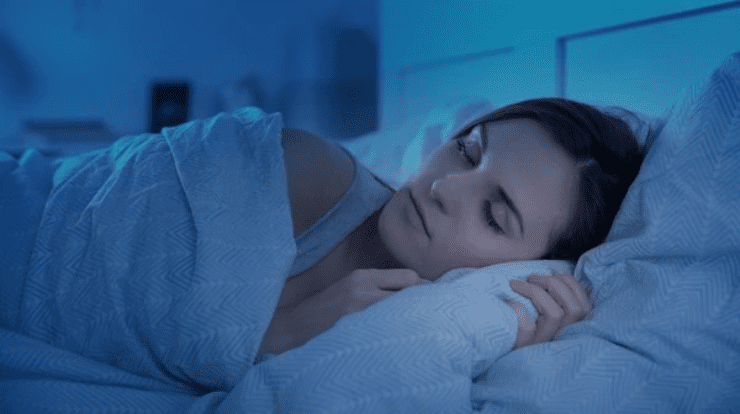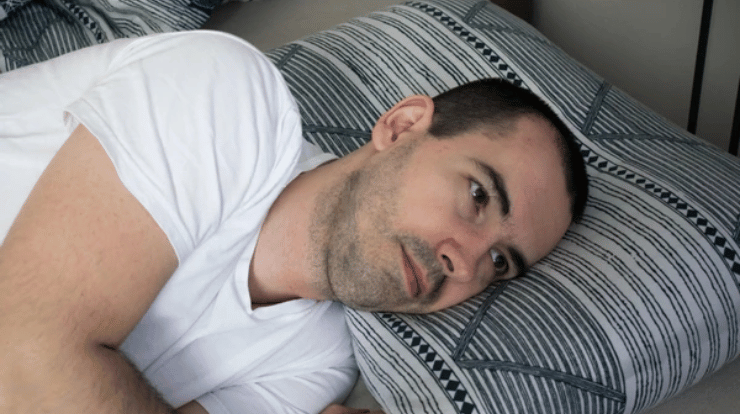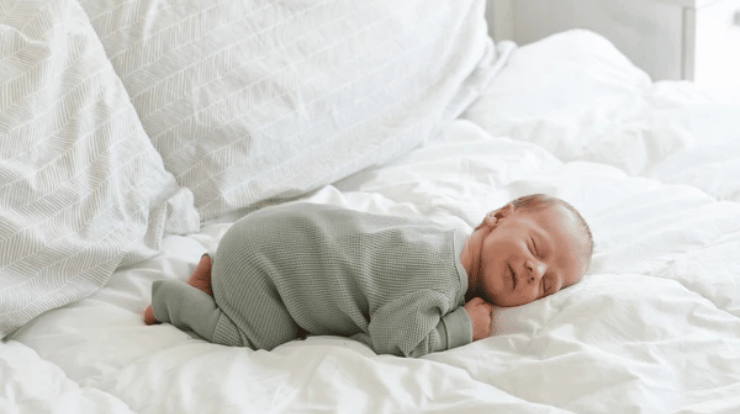
What is REM sleep?
REM stands for “rapid eye movement.” REM sleep is a period of sleep during which rapid eye movements occur. It is characterized by increased brain activity and dreaming. Most people experience multiple periods of REM sleep each night. During REM sleep, the body is paralyzed, breathing is irregular, and the eyes move rapidly from side to side. Dreams often occur during REM sleep.
REM sleep is important for memory and learning. It may also play a role in emotional regulation. Some research suggests that people who do not get enough REM sleep are more likely to experience anxiety and depression.
Is REM sleep good?
REM sleep is a stage of sleep characterized by rapid eye movements, increased brain activity, and heightened dreams. Although it was once believed that REM sleep was unimportant, research has shown that it plays a vital role in brain function.
During REM sleep, the brain is able to process and store memories, and it is also thought to play a role in creative problem-solving. In addition, REM sleep is believed to be important for mental and emotional health. Some studies have linked REM sleep deprivation to anxiety and depression, while others have found that people who get enough REM sleep are better able to cope with stress. As a result, there is good reason to believe that REM sleep is indeed good for you.
How long does REM sleep last?
REM sleep is a vital stage of sleep that allows our brains to rest and rejuvenate. But how long does REM sleep actually last?
On average, people spend about 20-25% of their total sleep time in the REM stage. However, there is a variation from person to person, and some people may spend more or less time in REM sleep. The length of each REM cycle also varies, but it is typically around 60-90 minutes.
During REM sleep, our brain activity increases and we experience vivid dreams. This is thought to be due to the fact that our memories are more active during REM sleep, which allows us to process and consolidate information from the day. REM sleep is also important for emotional regulation and stress relief.
How much REM sleep do you need?
Most people need around eight hours of sleep per night. However, how much of that sleep should be in the form of REM sleep may vary depending on a person’s age and stage in life. For example, newborns spend the majority of their sleep time in REM sleep, while adults typically only spend around 20-25% of their sleep time in REM. Despite this variation, most experts agree that everyone benefits from a good night’s sleep, which includes a healthy mix of both REM and non-REM sleep.

How can you make sure you’re getting enough REM sleep?
One way is to practice good sleep hygiene, which means maintaining a regular sleep schedule and creating an environment that promotes relaxation. You should also avoid caffeine and alcohol before bed, as these can disrupt your sleep cycles. If you’re still having trouble sleeping, talk to your doctor about other options, such as cognitive behavioral therapy for insomnia or medications like melatonin.
What is REM sleep in babies?
REM sleep is a normal stage of sleep that occurs in both adults and babies. During REM sleep, the brain is active and dreams occur. Babies spend more time in REM sleep than adults, and it is thought that this helps them to learn and grow. Because REM sleep is so important for development, it is important to ensure that babies get enough uninterrupted sleep.
Unfortunately, many newborns experience frequent disruptions to their sleep patterns due to feedings, wet diapers, and noise. As a result, they may not get as much REM sleep as they need. Fortunately, there are ways to help babies get the uninterrupted sleep they need, such as swaddling or using white noise machines. By ensuring that babies get enough REM sleep, we can help them to develop and grow properly.
What is REM sleep behavior disorder?
REM sleep behavior disorder (RBD) is a sleep disorder that causes people to act out their dreams. People with RBD may kick, punch, or shout during sleep. RBD is different from other sleep disorders because it occurs during REM sleep. REM sleep is the deepest stage of sleep. Usually, people don’t move during this stage of sleep. RBD can happen at any stage of life. But, it usually starts in middle age or later. Men are more likely to have RBD than women.
There is no one cause of REM sleep behavior disorder (RBD). But, it seems to be linked to other health conditions, such as:
- Parkinson’s disease
- Lewy body dementia
- Multiple system atrophy
Some people with RBD don’t have any other health conditions. Scientists think that changes in certain parts of the brain may cause RBD. These changes may be caused by:
- Neurodegenerative diseases
- Medications
- Sleep deprivation
RBD can be dangerous because it can lead to injuries. People with RBD may fall out of bed and hurt themselves. If you think you have RBD, talk to a doctor. There are treatments that can help manage the condition.
What is NREM sleep?
NREM (non-rapid eye movement) sleep is a state of mind characterized by low brain activity and muscle relaxation. During NREM sleep, your breathing and heart rate slow down, and you may experience occasional brief awakenings. NREM sleep makes up 75% of your sleeping time.
It is divided into three stages: N1, N2, and N3. You progress through these stages in order from light to deep sleep.
- N1 is the transition from wakefulness to sleep. It is a light sleep from which you can easily be awakened.
- N2 is a deeper sleep from which it may be harder to awaken you.
- N3 is the deepest and most restorative stage of NREM sleep. You may experience certain involuntary muscle movements during NREM sleep, such as twitching or jerking.






